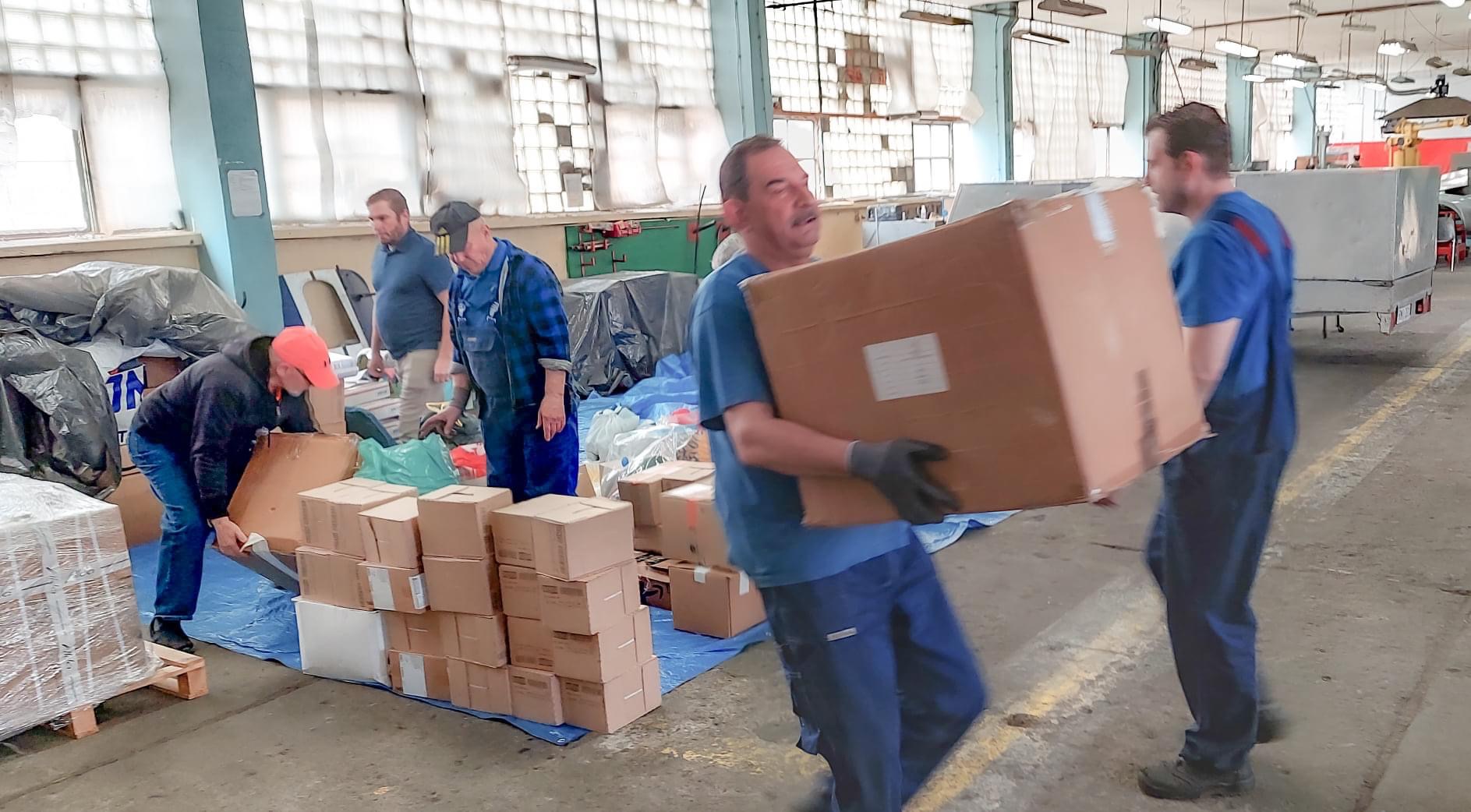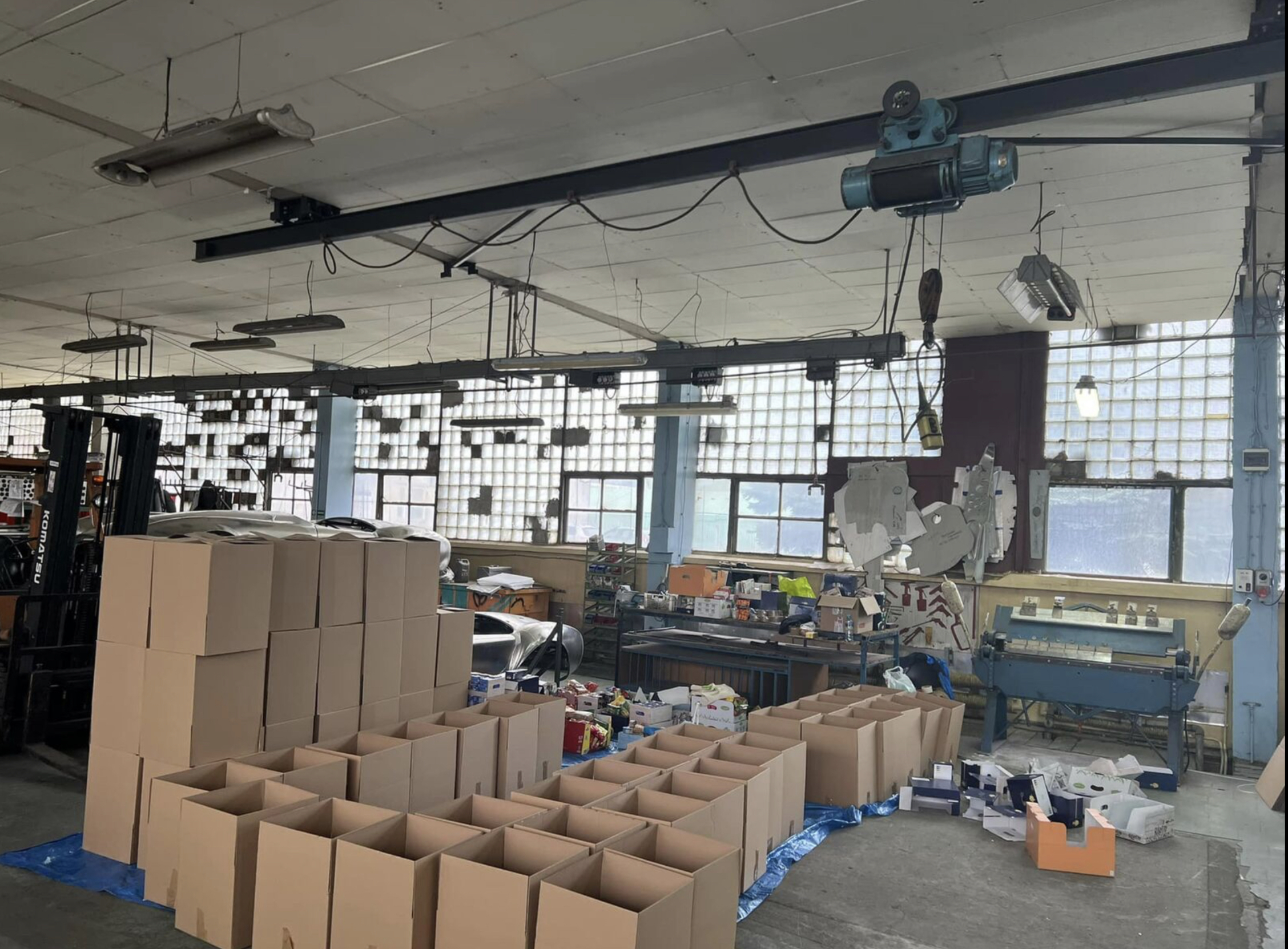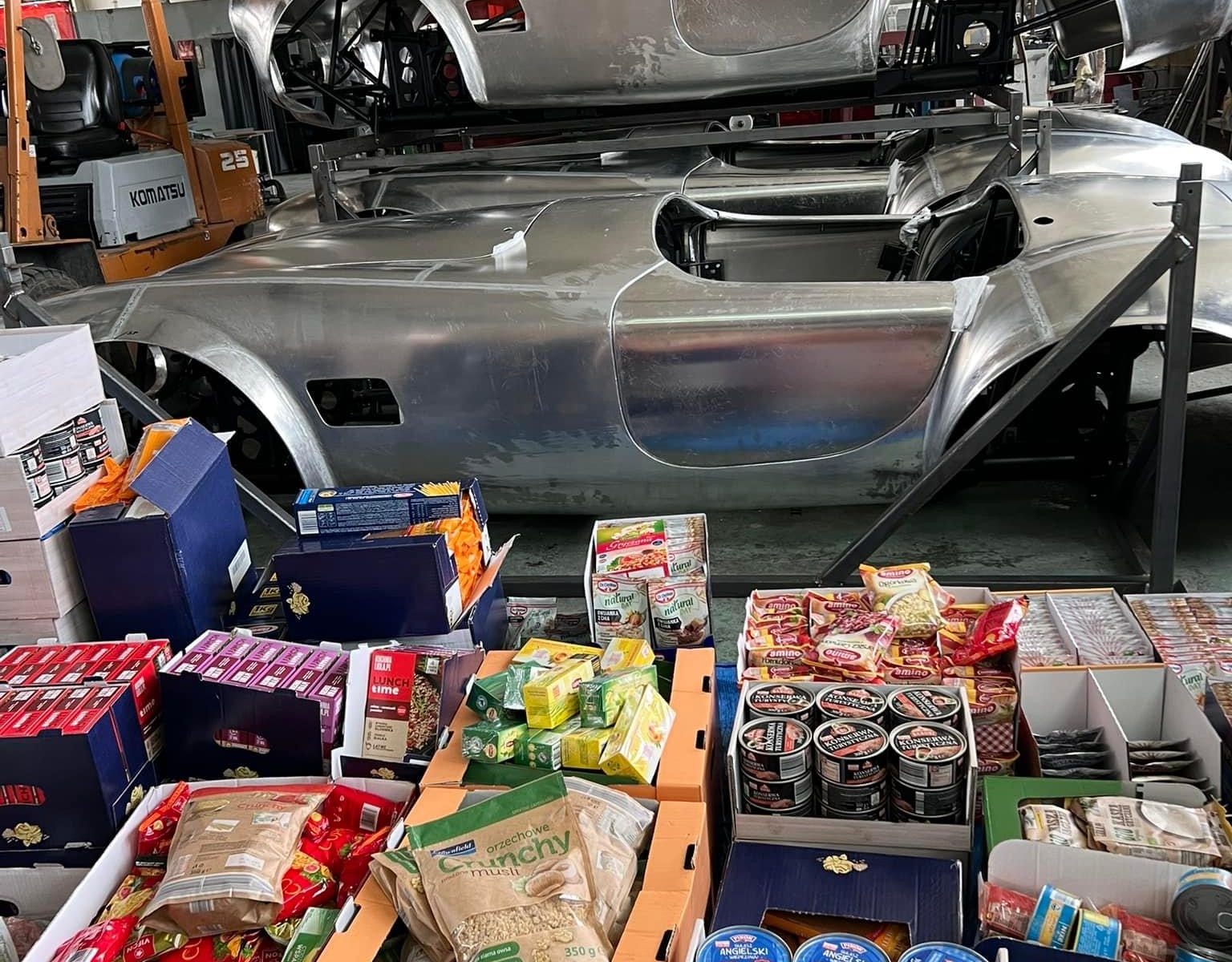by Leisa Parsons, Area Media Specialist
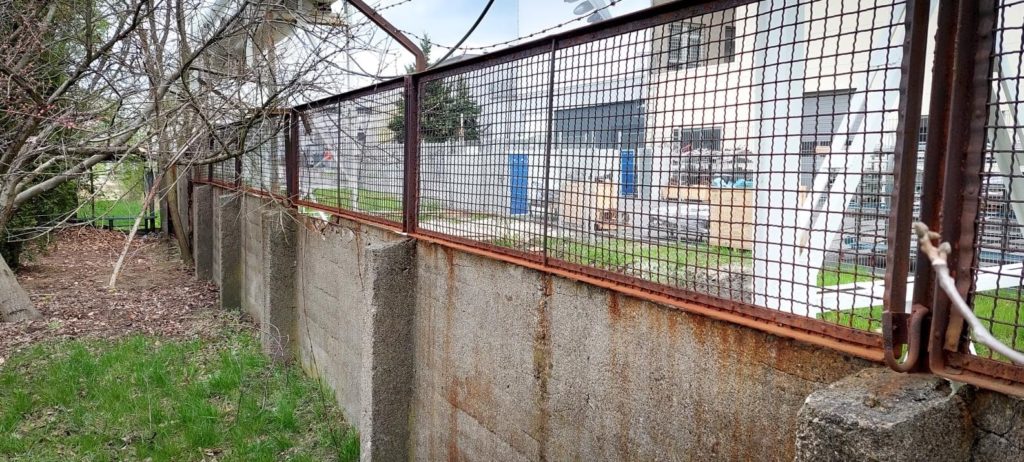
The large stone factory is a fitting metaphor for all the gospel of Jesus Christ teaches — change is not only possible, but that which is unspeakably broken can be made whole. What was once used to imprison and destroy has become a place that is facilitating refuge and safety, and God’s hand can be seen in its reclamation. Charly Risenmay, a member of the Church of Jesus Christ of Latter-day Saints from San Antonio, believes that God has indeed had a directing hand in the transformation of a factory in Mielec, Poland.
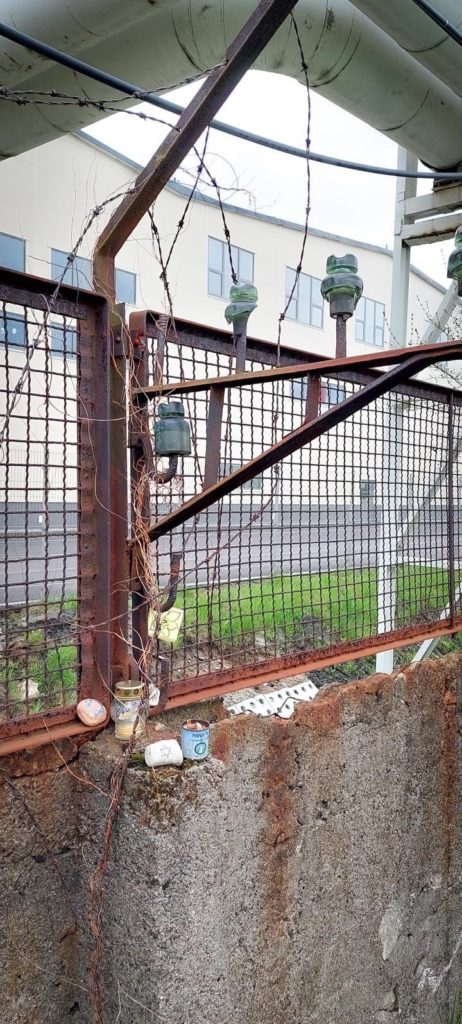
Risenmay’s paternal line traces their roots back to Mielec, a Polish town about 140 miles from the Ukrainian border. The land the factory sits on belonged to Risenmay’s family. She said: “The land was taken from us when the Polish government hastily conscripted it in 1938 for a factory to build Polish airplanes. When the Germans invaded Poland the next year, they took it over.” Her family were some of 2,800 Jews out of a population of 5,500 living in Mielec prior to World War II. Mielec has the devastating distinction of being the first town declared “Judenfrei” or “Free of Jews” by the German invaders. Risenmay said: “Most of my family died in the holocaust. Many members were murdered in Mielec, in the synagogue, while they were in ritual baths. The Germans literally locked the doors and burned them to death. The rest were evacuated to this factory until they were sent to a ghetto for ‘liquidation.’”
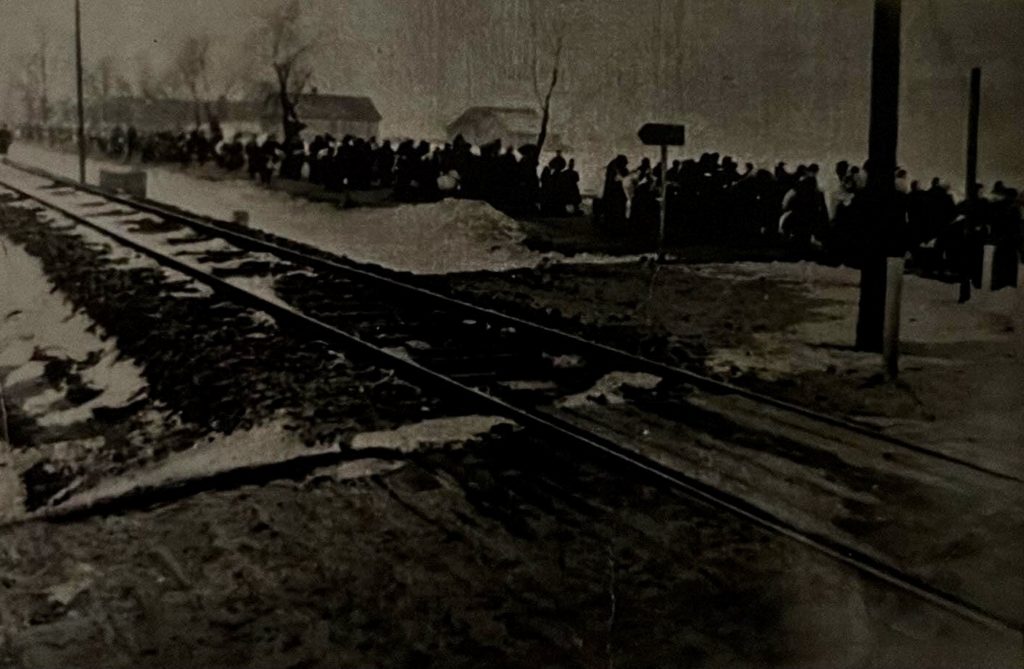
She continued: “A few died there — having been worked and starved to death in that factory—on their own land.” Risenmay’s aunt, now living in California, was one of about 45 Jewish survivors from Mielec. She was hidden as a child by a Polish family until she was rescued. Risenmay and her aunt are very close and so the details of what is now happening in Mielec have captured her attention.
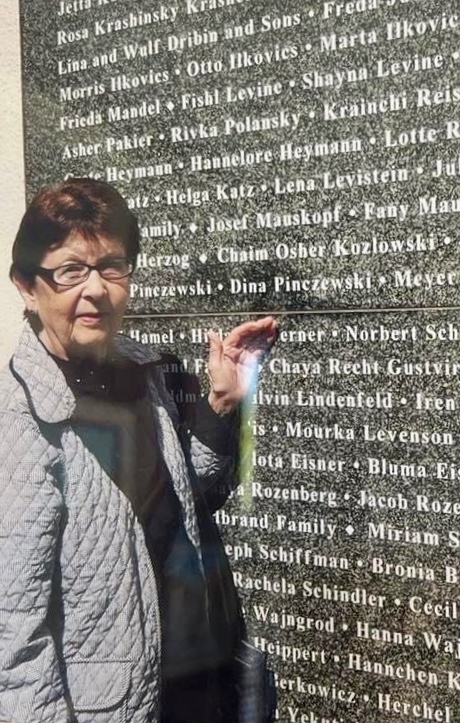
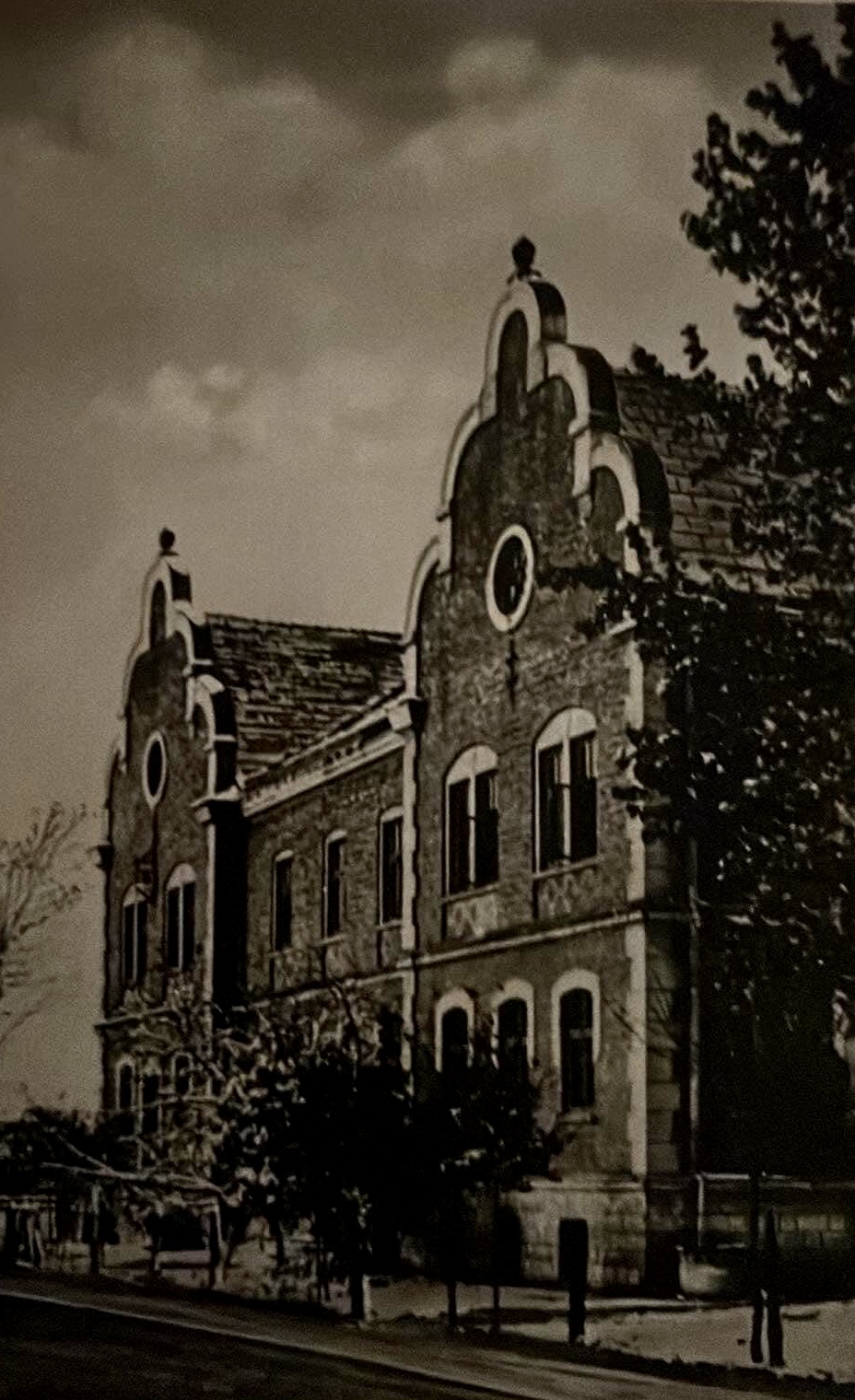
Risenmay said the factory was used to build German bomber planes during the Nazi occupation with enslaved labor helping to construct them. After the war, it was conscripted by the Russians and used to build MiG fighters and other Cold War weapons. After the Iron Curtain fell, the factory also fell into some disrepair as it continued to produce a few Polish fighter jets. The flagging factory was once again made profitable when David Kirkham purchased the factory.
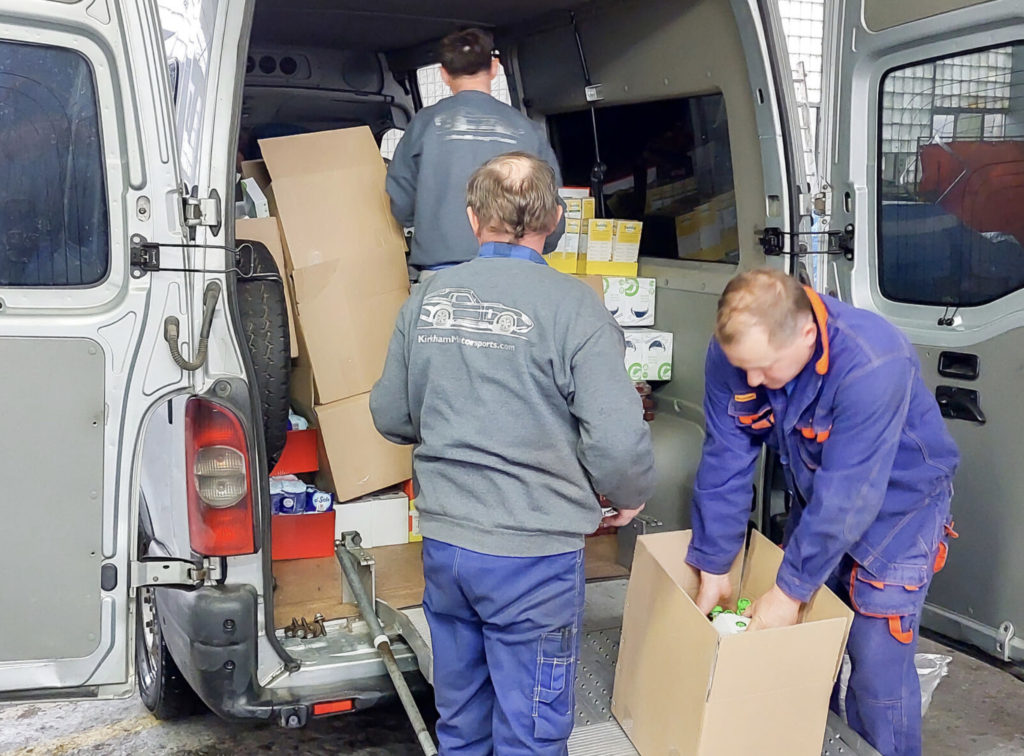
Kirkham, from Provo, Utah was unaware of the factory’s history when he purchased it. His mission was to build replicas of Ford’s 427 Shelby Cobra. Around the mid 1990’s, when Kirkham was starting Kirkham Motorsports, a relative of his sold and imported to the States, a Polish fighter jet. When the jet arrived it was severely dented from bouncing around in the shipping container. Kirkham was asked to fix the jet, that is when he noticed the jet’s striking similarities to the Shelby Cobra. He found the jet’s manufacturer, contacted them and asked if they could build his replica cars. Within 12 hours came the reply: “No problem.”
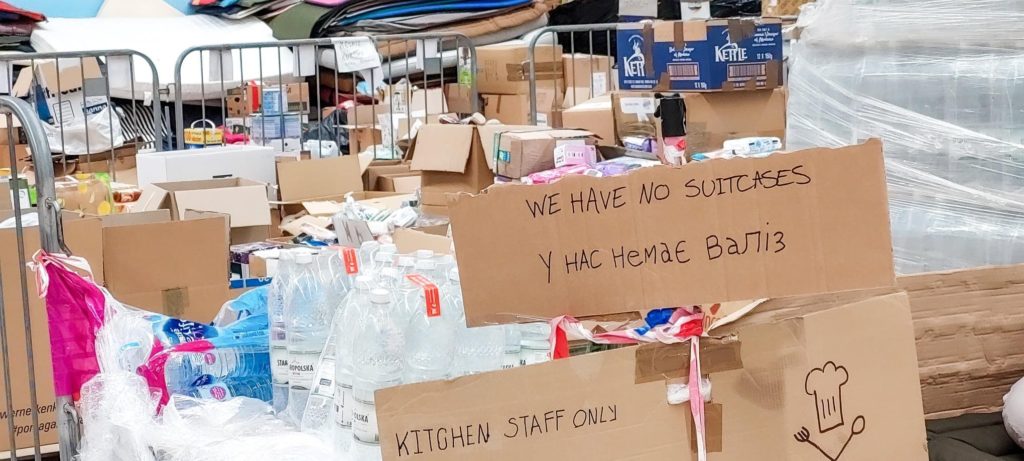
A week later, Kirkham, armed with his Polish-English dictionary, was touring the factory and exploring their manufacturing abilities. He saw a silent factory with idle machines. After meeting with three generations of skilled craftsman eager to make his cars, deals were made and the factory was purchased. Kirkham Motorsports has been producing replicas of famous cars since the mid 1990’s until earlier this year. When the war broke out between Ukraine and Russia, Kirkham knew he needed to do something. He turned over a large portion of his factory into a refugee support center.
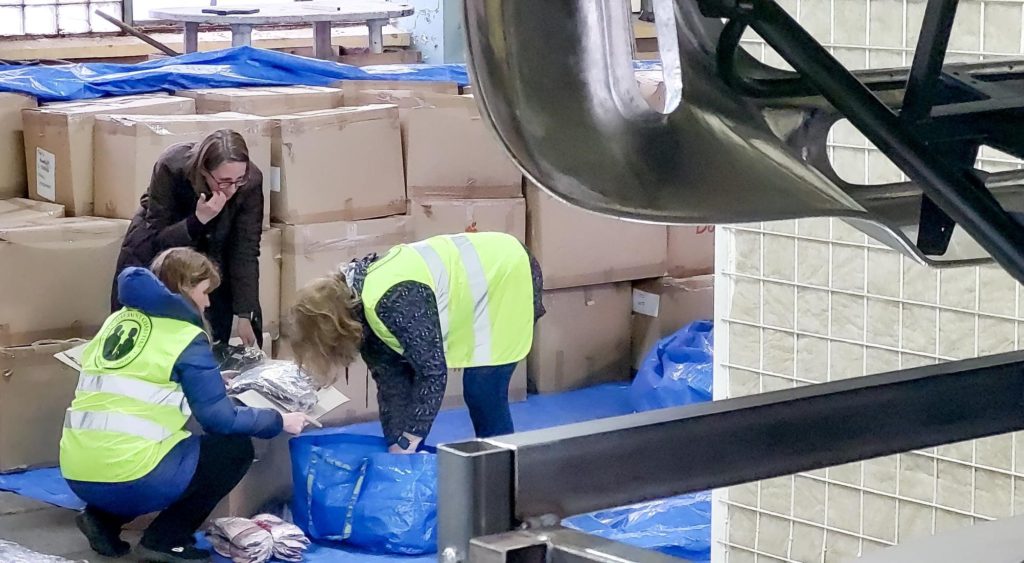
Kirkham, also a member of the Church of Jesus Christ, has been working directly with Latter-day Saint Charities, the Jesuit priests in the area and several other organizations. According to Risenmay, “It has gotten to the point where Ukrainians fleeing are saying ‘Kirkham Motors, Kirkham Motors’ even when they can’t speak English. They know if they can get to Kirkham Motors that they will have the food supplies, and be sent to people who can help them with housing…. They’ve turned their factory into a refugee support center.”
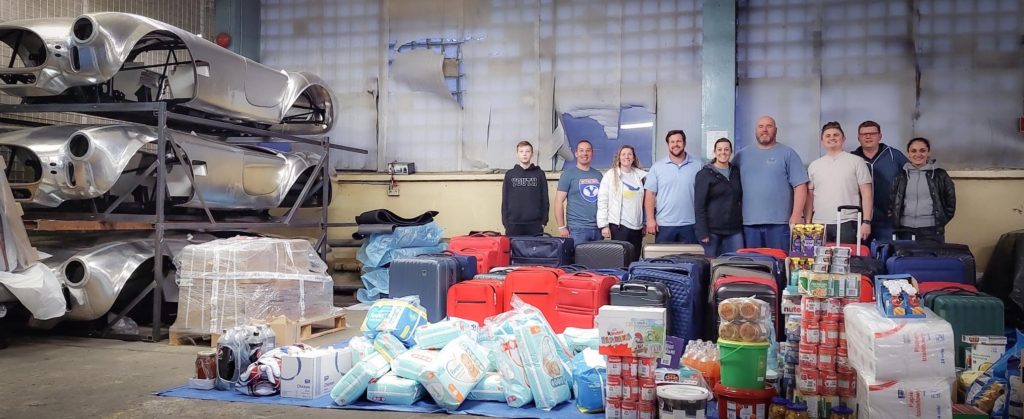
Risenmay, was so touched when she read about what was going on in the factory that she had to contact Kirkham and share her family’s history. She said: “This is amazing, because what better reparations could there ever be — to save lives with a place that destroyed them? The healing that can happen for that community, for those people, it’s kind of mind-blowing.” She spoke of the sacrifice that Kirkham is making, saying: “He’s turning over large amounts of money, his resources, his workers — all of it — and I just think it’s a miracle.”
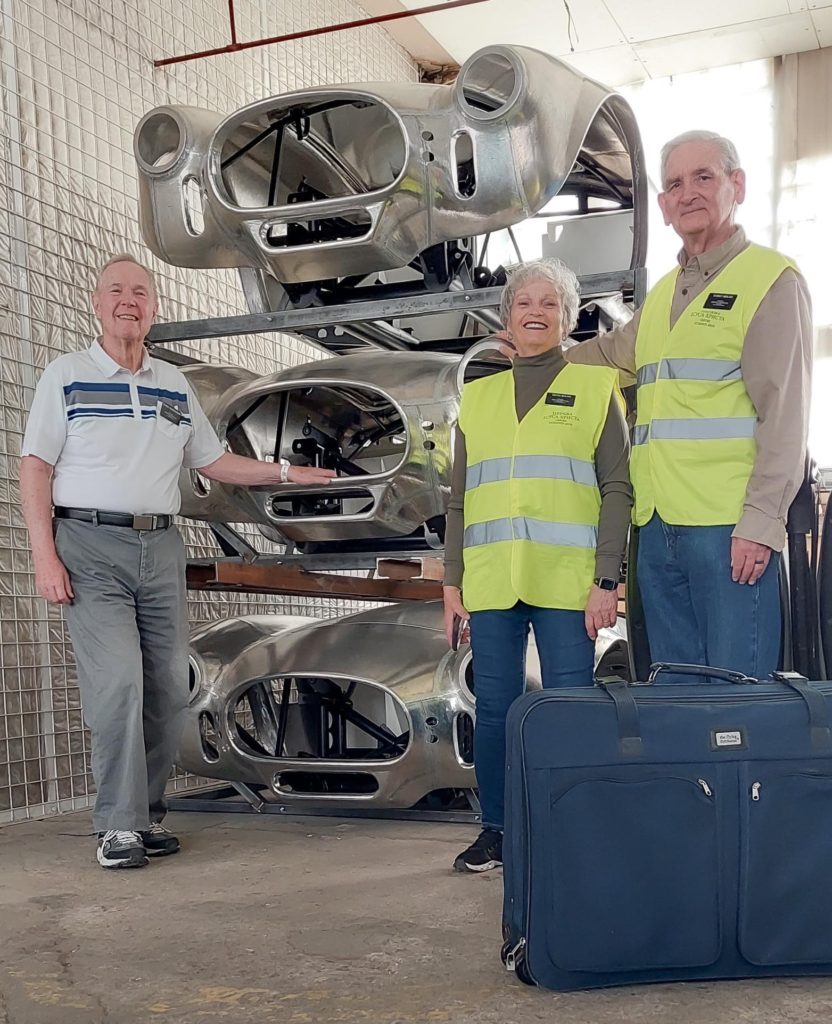
Risenmay continued, “The other thing about it is that God has been moving these pieces into place since the nineties when He put David over there. His business was well established so that he could be in a position to do what he’s doing — to change the history of that horrible place. Like I said, I feel like it’s miraculous.”
